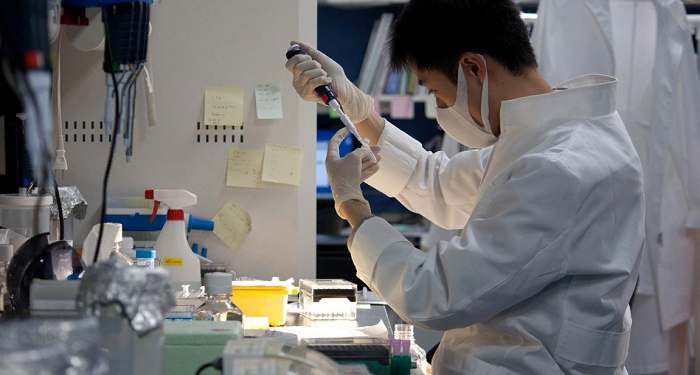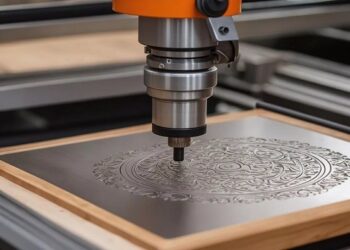The Japanese economic miracle of the 50s and 60s – an unprecedented rise in the country’s economy after the defeat in the Second World War, is also largely due to the development of science.
Thanks to the discoveries and developments of Japanese scientists, as well as large-scale purchases of technologies and patents from abroad, the country very quickly became one of the most significant figures in the world market. The growth of economic indicators during this period amounted to more than 10% per year.
In order for the scientific and technological development of the state to recover from the devastating effects of the Second World War, a strategy already used once in the Meiji era was applied. The development of science and technology on its own required colossal costs and, most importantly, many years, which threatened a serious economic lag. For 30 years, since 1949, Japan has acquired a total of 34 thousand licenses and patents from Western colleagues. They were creatively refined by the Japanese and, most importantly, quickly put into production. At first, the owners of Western firms did not perceive Japan as a potential competitor, so they sold patents and licenses literally for a penny. As a result, the creation of scientific and technical potential cost Japan only 78 billion dollars, and the scientists met it in the shortest possible time. The effectiveness of such a strategy is estimated from 400% in general, up to 1800% in certain industries. At the turn of the 60-70s. the West, which came to its senses, stopped the scientific and technical support of the Japanese competitor, but by this time Japan had already created its own R&D base.
Today, science in Japan occupies a leading position in the field of new technologies. Taking into account the experience of the past, the country uses most of its developments to improve the quality of life of people and protect the environment. New, environmentally friendly car engines, robots and effective medicines are being created and improved to make life easier for disabled citizens, energy carriers and valuable metals are being saved and reused. From a certain point of view, Japan’s modern approach to science can be called the path to the future.













